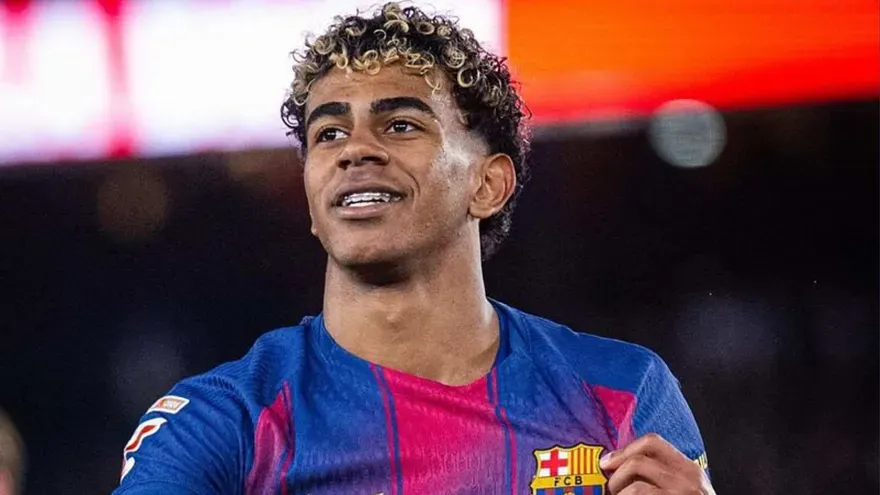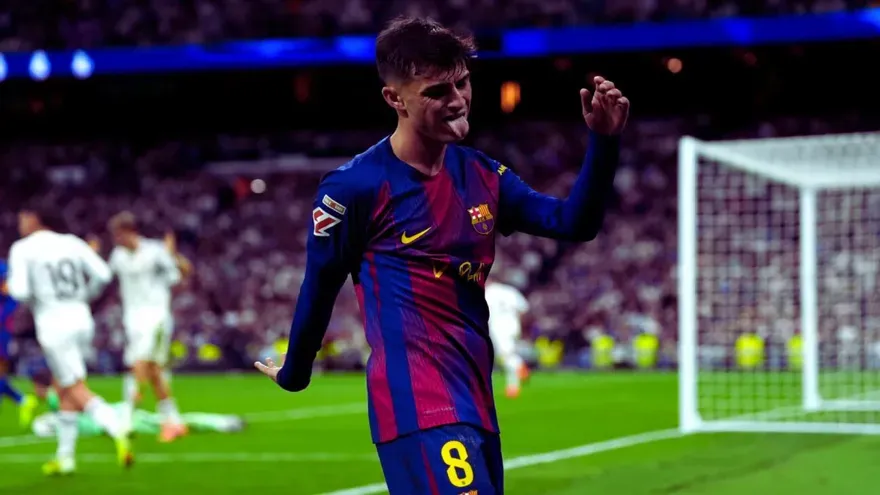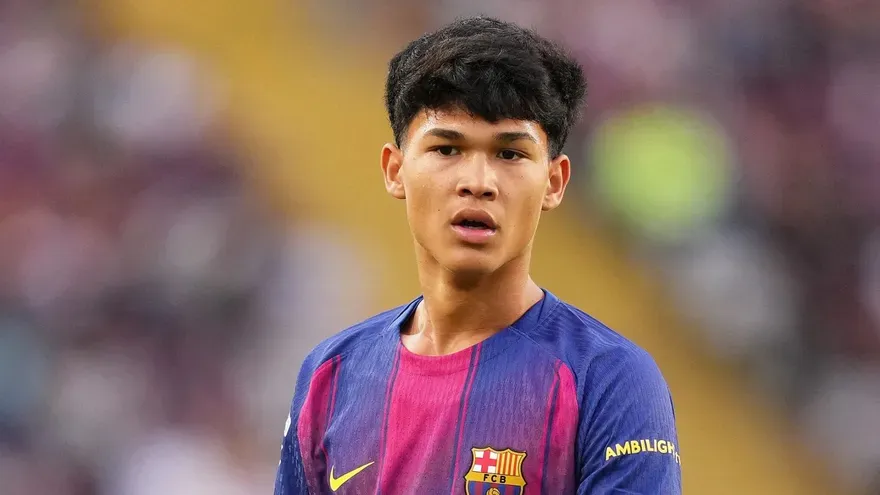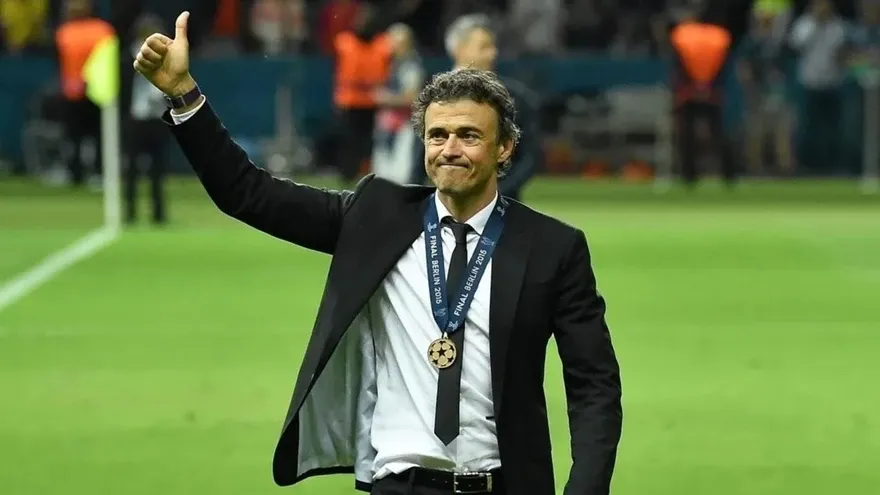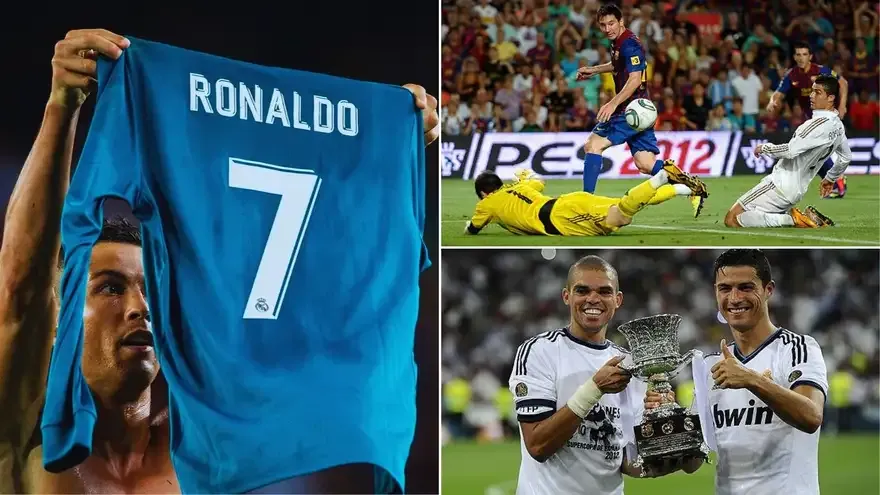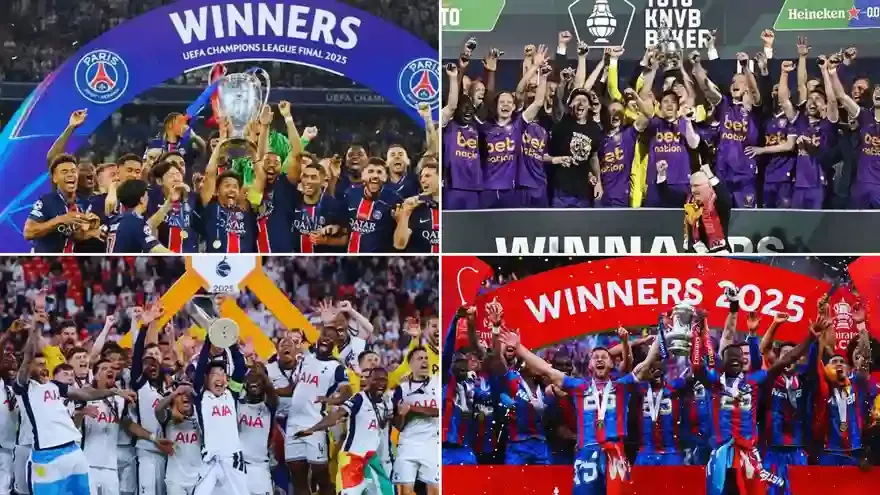Lionel Messi is set to leave Barcelona after the club was unable to fulfill a new contract with the star owing to financial and structural hurdles. Despite the fact that the club and the player had reached an agreement and stated their intention to sign a new contract, it was not possible to do so due to financial and structural constraints. After failing to reach an agreement on a contract renewal before his previous Barcelona deal expired on June 30, the six-time Ballon d'Or winner has been a free agent since July 1. FC Barcelona spent much of the previous year persuading itself that Lionel Messi would remain with the club.
"Despite FC Barcelona and Lionel Messi having reached an agreement and the clear intention of both parties to sign a new contract today, this cannot happen because of Spanish LaLiga regulations on player registration," Barcelona's statement read.
"As a result of this situation, Messi shall not be staying on at FC Barcelona. Both parties deeply regret that the wishes of the player and the club will ultimately not be fulfilled."
Messi has won a record six Ballon d'Or trophies, a record six European Golden Shoes, and was nominated to the Ballon d'Or Dream Team in 2020. He is largely acknowledged as the finest player in the world and widely regarded as one of the greatest players of all time. He spent his entire professional career with Barcelona, winning a club-record 34 trophies, including ten La Liga titles, seven Copa del Rey crowns, and four UEFA Champions Leagues before retiring in 2021. Messi has the most goals in La Liga (474), a La Liga and European league season (50), the most hat-tricks in La Liga (36) and the UEFA Champions League (8), as well as the most assists in La Liga (192), a La Liga and European league season (21) and the Copa América (17). So, despite both the player and the club wanting to sign a new deal, how did Barcelona fail to register Messi? Let’s find out.
Because his previous contract expired on June 30, Messi was officially counted as a free agent. He was said to have achieved an agreement on a new five-year contract, which included a 50% wage decrease over his previous contract, but it couldn't be signed and registered until the budget was ready. Barca had to gather finances and decrease wages to comply with salary guidelines as the coronavirus outbreak exacerbated existing financial concerns. But they failed to make room for Messi’s reduced salary and due to that Messi will now have to find a new club. Let’s check out the La Liga rules for the salary cap.
All teams are subject to a floating salary cap, which limits player pay and acquisition expenditures to 70% of club earnings, according to La Liga rules implemented in 2013. The total amount that clubs can spend on their first-team players, first-team coach, assistant coach, and head physiotherapist, as well as their reserve teams, academy, and any non-registered squad members, is referred to as the squad cost cap. Clubs can split the money between transfers and salary how they see fit, as long as the overall cap is not surpassed. The squad cost cap is determined by financial data that teams must submit to La Liga in the months leading up to the start of each summer transfer window.
Also Read | Unknown Facts about Lionel Messi's Life
With a salary cap of €671 million in 2019-20, they had the highest wage cap in La Liga. It was €347 million the previous year. The amount for the upcoming season has yet to be determined, although it is expected to be in the range of €160 million. That implies that in 2021-22, the team will only be able to spend around a quarter of the money they had two seasons ago on salaries and transfer costs. To sign Messi, FC Barcelona needed to save well over $200 million in salary during the summer offseason. The Blaugrana were nowhere near that sum due to limited sales and a lack of players willing to take a wage reduction, and the club and player realized on Aug. 5 that the signing could not take place under the conditions.
Surprisingly, La Liga revealed on Wednesday that CVC would invest 2.7 billion euros (£2.3 billion) in the league in exchange for 10% of its earnings and a 10% interest in most of its operations, with 90% of the money going to clubs. However, Barcelona joined Real Madrid in rejecting a planned multibillion-dollar investment and revenue-sharing arrangement between La Liga and private equity group CVC on Thursday. According to projections based on La Liga's revenue-sharing rules, Barcelona would receive a cash inflow of almost $300 million, with 15% of it going to player signings. Accepting the arrangement would have entailed the clubs financially committing themselves to La Liga for decades to come, thereby putting their Super League dreams on hold.
Also Read | Lionel Messi Net Worth
